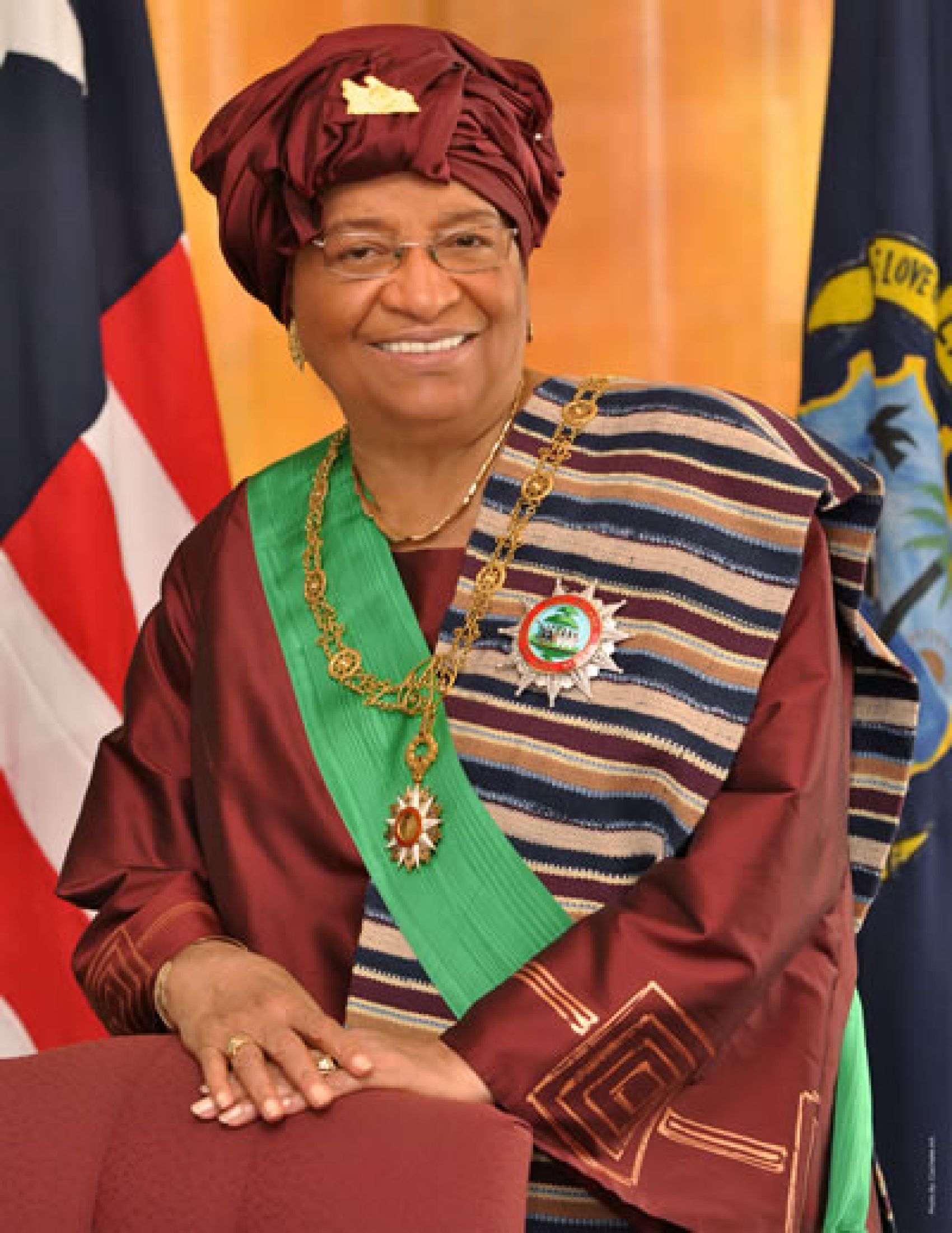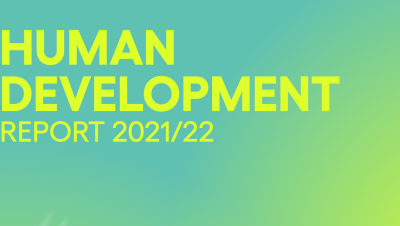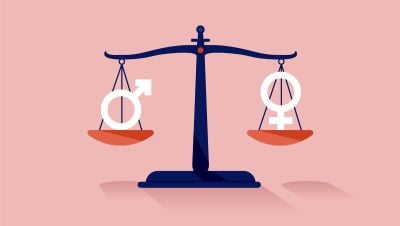We note with passion that as the 2015 deadline approaches, Africa’s progress on the Millennium Development Goals remains uneven.Remarkable advances have been made in areas of human development, such as net primary school enrollment, gender parity in primary education, the representation of women in decision-making, some reduction in poverty, immunization coverage, and stemming the spread of HIV/AIDS.
Notwithstanding and in spite of this progress, there is ample room for more good news. Some areas have arguably been neglected when they should have been put upfront, for example malaria, the number one killer of children in sub-Saharan Africa and many other places in the world. Additionally, the goal for school enrollment did not take into account the need for quality education, which invariably impacts sound and basic knowledge transfer. And the recent Ebola crisis reminds us just how quickly new problems can emerge.
Over the past decade, Africa has made great strides in instituting political and economic reforms that are starting to bear fruits. These future successes are, however, vulnerable to many factors that are not within Africa’s control but can be redressed through collective engagement and a new international development partnership. Although some parts of the continent still grapple with political instability, this is now a rarity, no longer the rule.
The new global development agenda that will be agreed upon in 2015 presents an opportunity for Africa to take stock of these challenges and our position in the world. This must be an agenda for human development.
Economic transformation is a particular priority on my continent, which will help us reduce our vulnerability to social, economic and environmental shocks, but it is not a priority for Africa alone. The recent economic meltdown that plunged the world into recession, the widening gap between rich and poor with its attendant inequalities that fuel social unrest and the rising scourge of youth unemployment, as well as global environmental threats created by negative economic policies, clearly show that transformation is needed everywhere, not just in Africa.
We have the means and capacities to impact changes and transform lives. In effect, human development reporting is a part of this. Since the 1990 human development reports have inspired world progress through groundbreaking research and innovative measurement. Africa has produced many national reports and will, I hope, continue in such trend. These reports are a key part of our broader contribution towards creating a world in which no one is left behind, where all have equal opportunity to prosper, and a world where we show respect for our environment.


